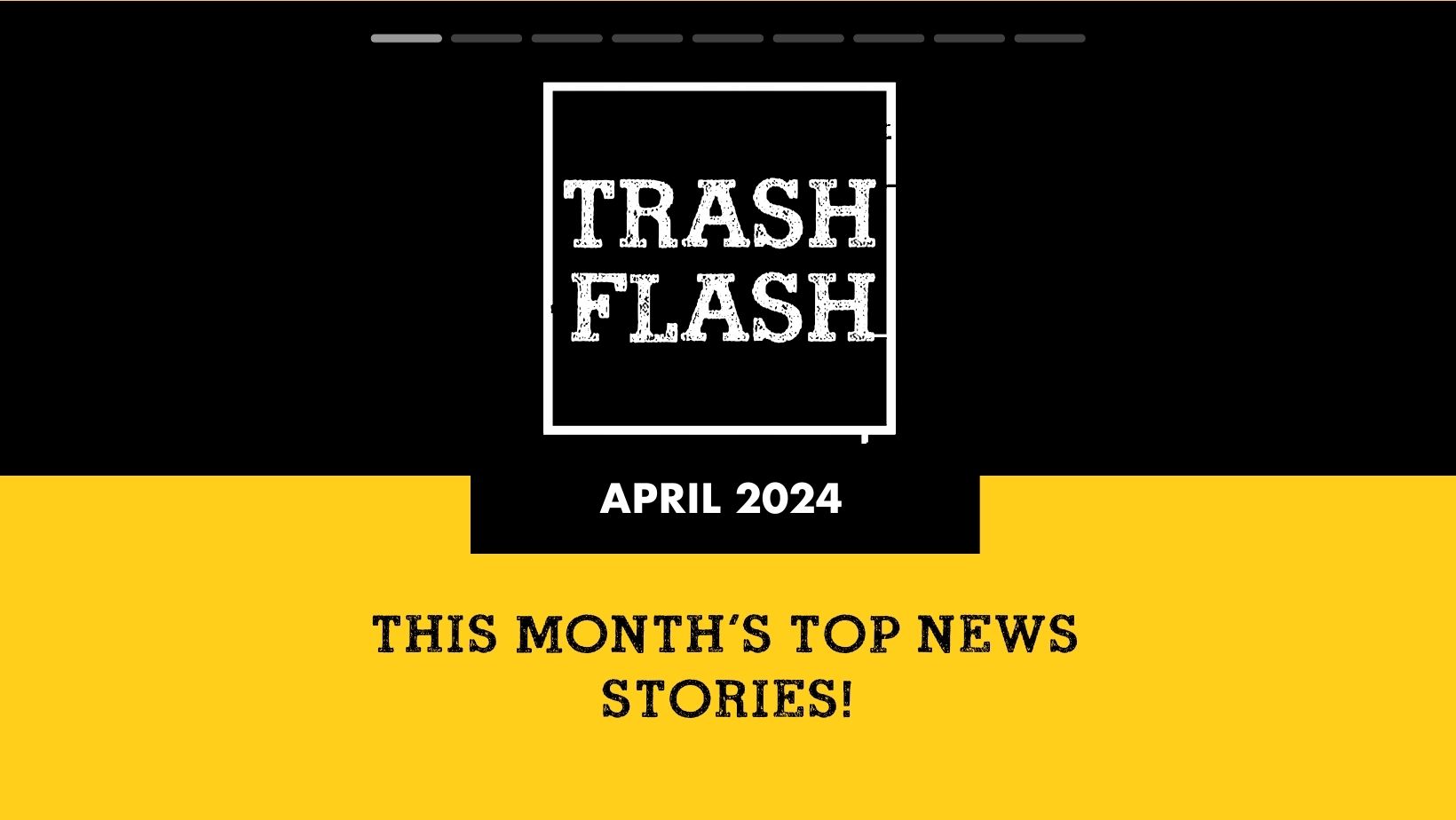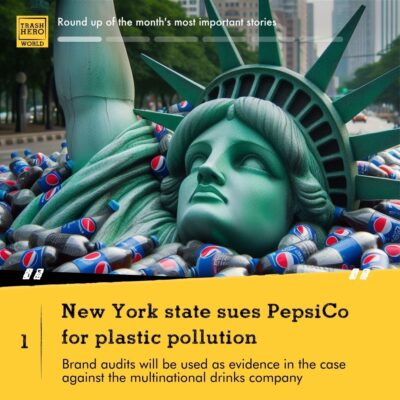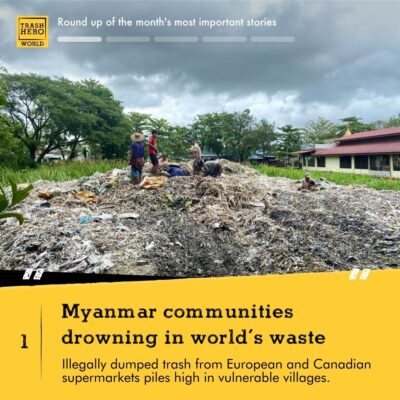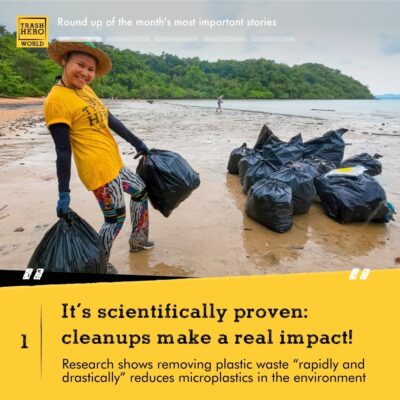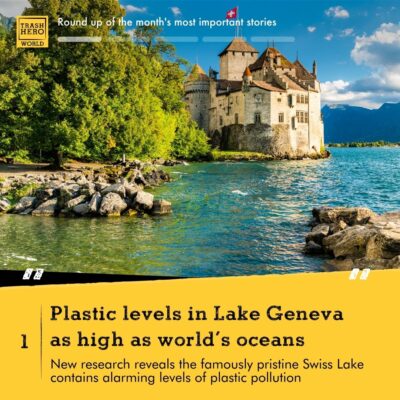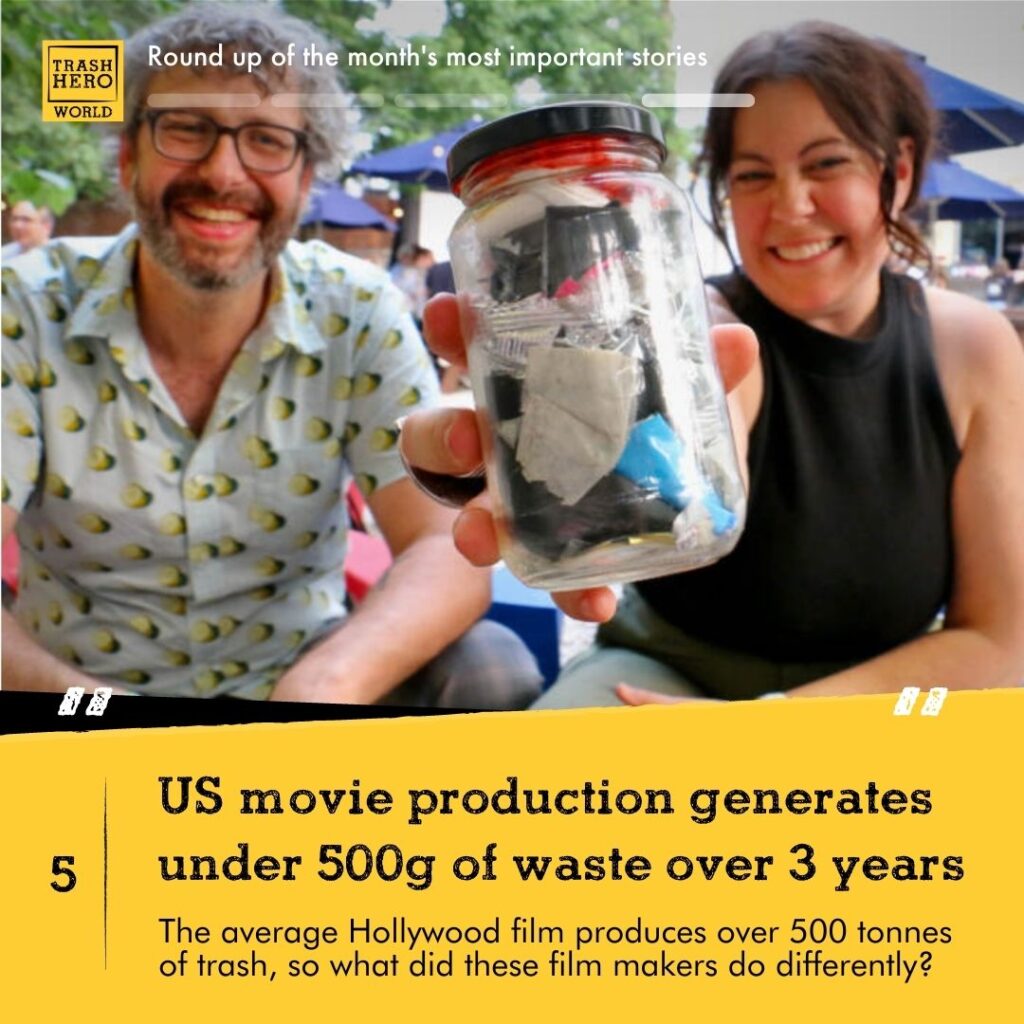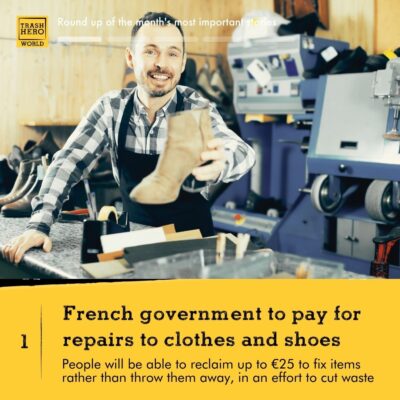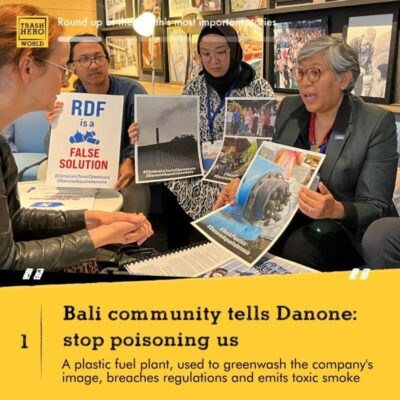Our roundup of the month’s most important stories
Unilever scales back social and plastic promises

In an attempt to cut costs, Unilever weakens its commitments to sustainability, reducing plastic use targets and living wage goals. Critics slam the move while the CEO defends it as a shift in focus, not a retreat from responsibility.
Plastics industry heats planet 4 times as much as flying
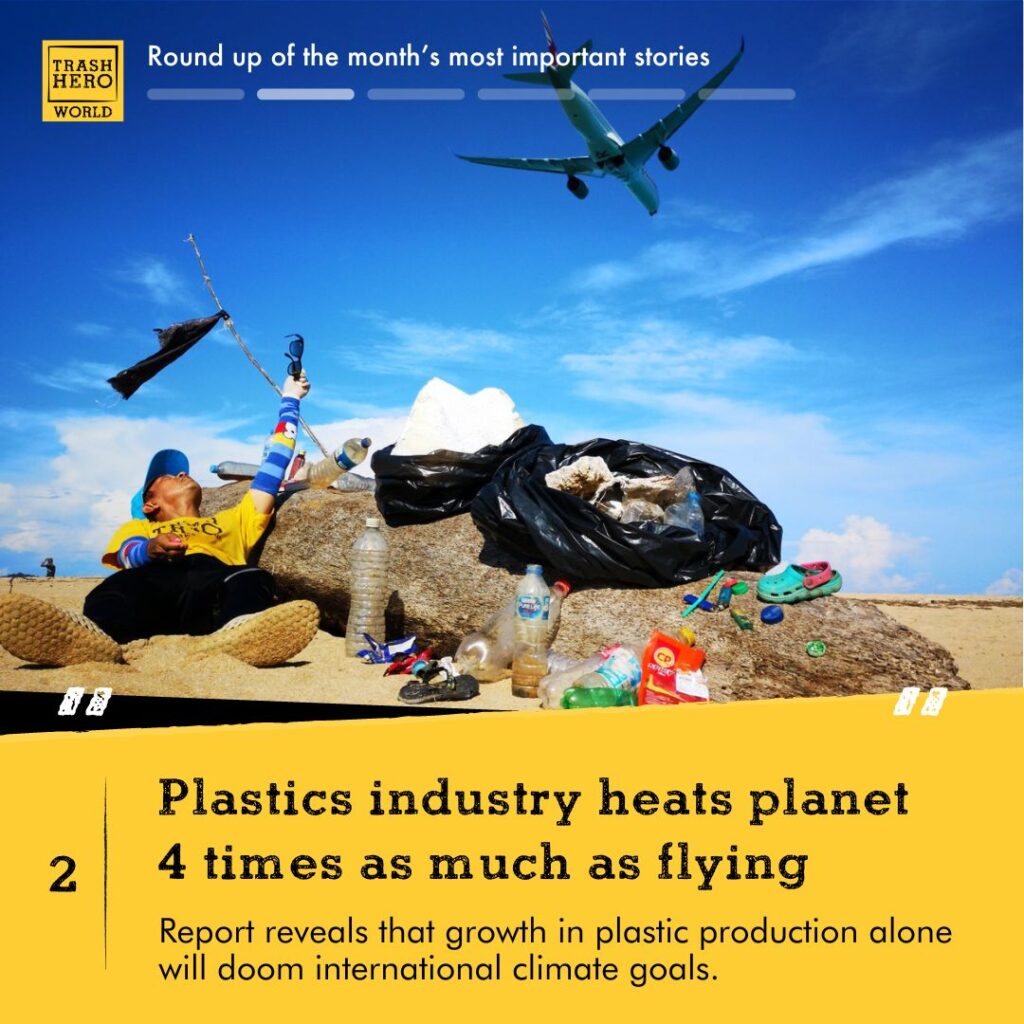
A new report confirms that plastics play a bigger role in climate change than flying. They release four times as many climate-warming emissions, the equivalent of 600 coal plants (about three times the number that exists in the US). Environmental groups want to see reduced plastic production, while the plastics industry believes recycling can solve the problem.
The Global Plastics Treaty is not protected from vested interests

A UN-backed global plastics treaty is being negotiated to reduce plastic pollution. Countries and corporations dependent on fossil fuels are hindering the treaty’s progress with lobbying and delaying tactics—proposed solutions include requiring conflict of interest reporting and separating scientific discussions from industry discussions.
Plastic pollution found to kill ocean embryos

A new study reveals that plastic pollution harms ocean embryos, disrupting their development and potentially affecting entire ecosystems. Even common plastic types like PVC can be harmful when broken down, releasing chemicals that interfere with cell processes.
Illegally imported trash is swamping Southeast Asia

Southeast Asia has become the dumping ground for plastic waste from developed countries, especially after China banned plastic imports in 2018. This has overwhelmed the region’s ability to manage its own waste, causing environmental damage and health problems. This article discusses efforts to regulate plastic waste trade and calls for stricter enforcement.
Citizens demand a reduction is plastic production

Activists take to the streets to call for a global plastics treaty that cuts plastic production, prioritises human rights, and addresses plastic pollution’s lifecycle, not just recycling. They want a strong treaty that protects communities and workers.
What do you think about these stories? Is there one we missed? Let us know in the comments!
read more
